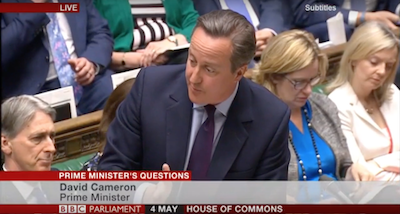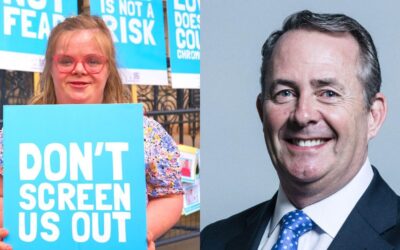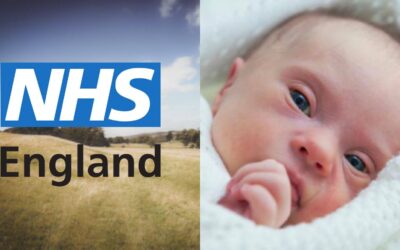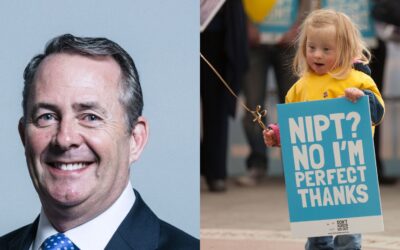Today UK Prime Minister, David Cameron, was questioned during Prime Minister’s Questions on the screening out of people with Down’s syndrome.
Nigel Evans, the MP for Ribble Valley, asked a question about the proposed implementation cf DNA pre-natal testing into the current Fetal Anomaly Screening Programme. He raised the concerns of people with Down’s syndrome, their families, and Down’s syndrome advocacy groups that the proposed implementation will fuel discrimination against people with Down’s syndrome in leading to a profound increase in the numbers of children with Down’s syndrome screened out by termination.
This issue had been raised with him by members of his constituency’s local support group for families with a member with Down’s syndrome, the East Lancashire Down’s Syndrome Support Group.
[vc_video link=’https://youtu.be/e3P-cl8k5vc’]
The Prime Minister acknowledged directly in his response that “there are moral and ethical issues that need to be considered in these cases”. Well, now is the time for him to follow through on this acknowledgment, and his promise that the Health Secretary is going to find a “way through this” and “make sure we go about it the right way”. He can do this by delaying the introduction of cfDNA testing until there is a full ethical review of cfDNA testing and the current Fetal Anomaly Screening Programme. This should involve people with Down’s syndrome and their families, to ensure that the programme is consistent and compliant with the Convention on the Rights of Persons with Disabilities (CRPD) and wider human rights obligations.
This must be accompanied with medical reforms to ensure every parent with a disability diagnosis receives balanced information and support, to ensure that cfDNA testing does not lead to the further screening out of people with Down’s syndrome.
The Prime Minister’s statement that cfDNA testing will be ‘optional’ misses the crucial point. In a liberal and democratic society, we don’t just consider options and choices in the abstract, but consider what the practical effects of extending such choices will do to other people. What is relevant here, then, is the medical and social context that will determine the consequence of this proposal on people with Down’s syndrome (as well as other trisomies) and their families.
This is even more crucial given that it is to be introduced as part of a nationwide, government funded programme. The UK National Screening Committee’s own projections show that this will have a negative set of effects, and these must be addressed.
Finally, a special congratulations to the East Lancashire Down’s Syndrome Support Group for raising this issue with their MP, and to Nigel Evans for putting this firmly on the agenda in Parliament. If you or your group haven’t visited your MP yet to raise your concerns with them, make sure you do, as you can see here, it does have an impact.
VIDEO:
https://youtu.be/e3P-cl8k5vc
TRANSCRIPT:



